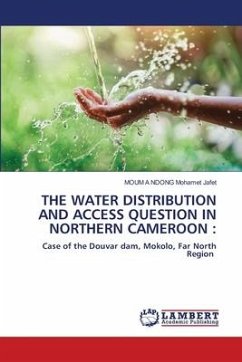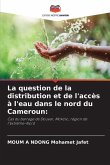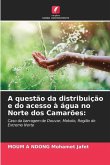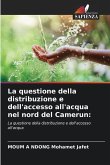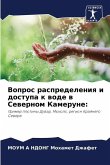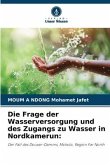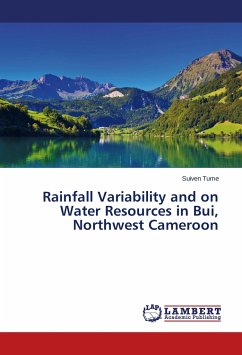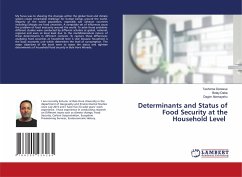Water access is among the major problems faced by populations in northern Cameroon given that it is a zone located in the dry tropics with temperatures above 35°c, characterized by little rainfalls (500 - 900mm/year) and a long dry season of 7 to 9 months. As a result, water resources though abundant during the rainy season become scarce in the dry season. In the town of Mokolo, there exist a dam built in 1979 so as to provide adequate and reliable water to the population. With time the population increased and the distribution network remained static leading to water distribution inequality and scarcity in some neighborhoods of Mokolo. This situation has led to several negative impacts on the populations ranging from social to political passing through economic and sanitary. This work aimed at demonstrating the unequal water distribution as well as examining the factors and impacts of water distribution inequality in the town of Mokolo. Specifically, it examines the conditions of the Douvar dam construction, its functioning, the factors explaining unequal water distribution, the problems linked to this inequality as well as mitigation strategies to remedy these problems.
Bitte wählen Sie Ihr Anliegen aus.
Rechnungen
Retourenschein anfordern
Bestellstatus
Storno

